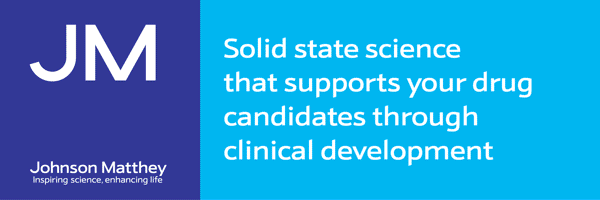Materials Science
Clariant supports auto industry with performance, weight reduction & safety 15th June 2018
Clariant, a world leader in specialty chemicals, turned its Chinaplas 2018 spotlight on innovative, no-VOC masterbatches to support the Chinese automotive industry’s response to progressive new fuel-economy standards and reducing vehicle emissions.
As the Greater China market reaches 30 million cars in 2018, automakers and Tier One suppliers are moving towards increasing use of plastics for large complex parts, in harsh environments under the hood, and in interior applications. This is influenced by government initiatives such as the “Replace Steel with New Materials” initiative, as well as the growing demand for lighterweight vehicles and specially-tailored components for China’s significant focus on electro-mobility.
Clariant is seeing rising regional interest in its smart masterbatches, Hydrocerol chemical foaming agents (CFAs) and Renol concentrates and compounds, for car interior and under-the-hood applications from both local and multinational automakers within the country. Over the past five years, it has experienced annual double-digit growth in its sales of Hydrocerol to the automotive sector, for example. As no-VOC, efficient high-performance solutions, the masterbatch ranges support the country’s shift towards greater sustainability and safety in terms of production processes and health and the environment.
Lower weight, eye-catching interior parts. Easy-to-use new Hydrocerol CFAs help automakers to cut the weight of many plastic interior parts without adversely affecting appearance or performance. They create a finer, more durable cell structure that allows manufacturers to achieve surface quality and mass reduction of between 5-20%, demonstrated in components molded from Thermoplastic olefins (TPOs), Polypropylene (PP) and nylon.
One global automotive OEM has even successfully achieved a 25% reduction in the overall weight of a dashboard carrier with the use of Hydrocerol in its special foaming system.
In addition Hydrocerol masterbatches are endothermic foaming agents. The chemical reaction that creates the foam absorbs heat so that less heat needs to be removed from the polymer after molding and processing cycles are shorter. Shorter cycle times mean machine and labor productivity can be increased by as much as 20%. Hydrocerol at lower addition rates can be used to reduce sink marks and eliminate final part quality issues due to shrinkage and warpage.
Excellent performance & color for high temperature applications under the hood. Easy processing Renol and Renol TC heavy metal-free compounds and masterbatches for engineering polymers and high temperature resins provide heat and light stability, and flame retardancy. Importantly, they offer protection while maintaining critical flow properties in parts like connectors used in SMT applications and electric vehicle charging systems. They are available as small lots which enables customers to purchase only what they require and contribute to a reduction in their carbon footprint.
In the production phase RENOL masterbatches offer excellent processability for virtually all non-olefins – PA 6, and 66, PET, PBT, POM, PC and high temperature polymers like PPA, LCP, PPS, PPSU, PESU, PES, PEI and even PEEK.
Ying Xu, Head of Marketing BU Masterbatches in Greater China, comments: “Hydrocerol chemical foaming agents let automakers bring plastics out into the open, with great looking, lighterweight high performance interior parts so critical for contributing towards reduced vehicle emissions. And under-the-hood, through Renol we are proud to deliver better mechanical and/or thermal properties to engineering thermoplastics and high temperature resins, allowing parts vital for today’s in-demand electric vehicle systems to have the safe, high performance they require.”



